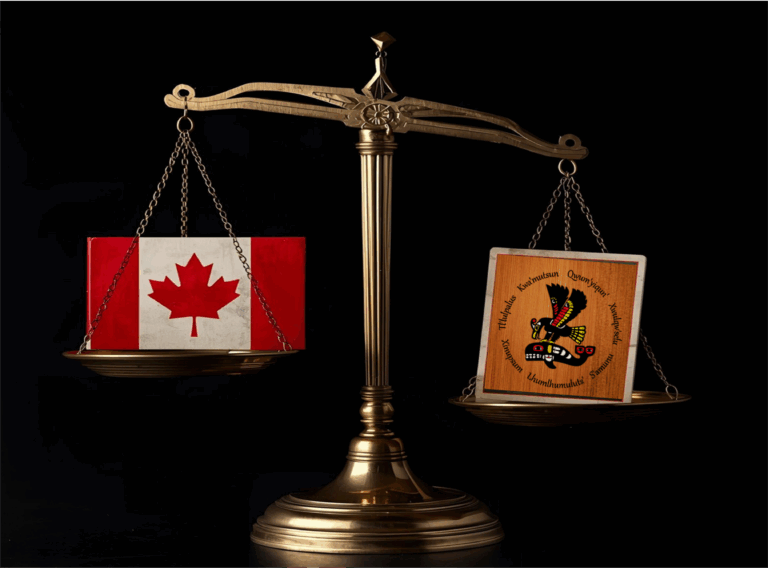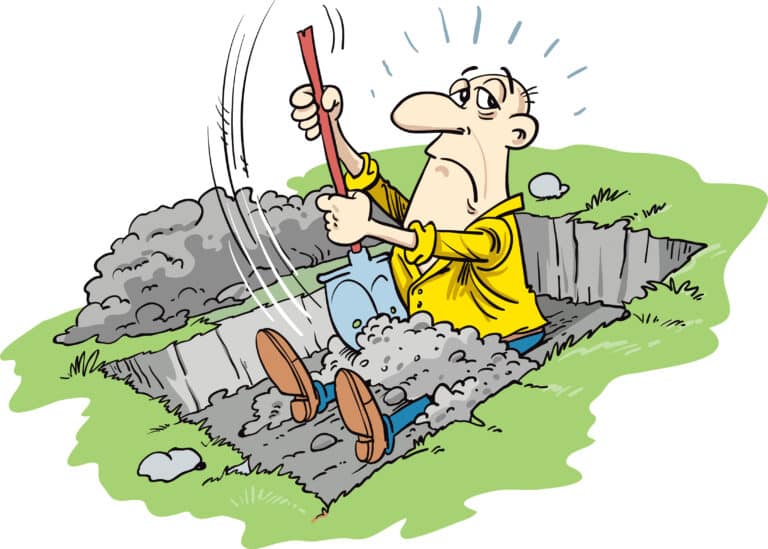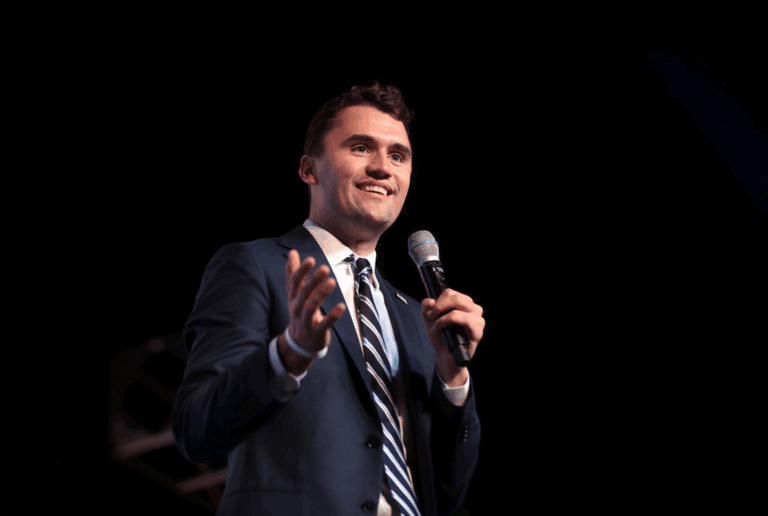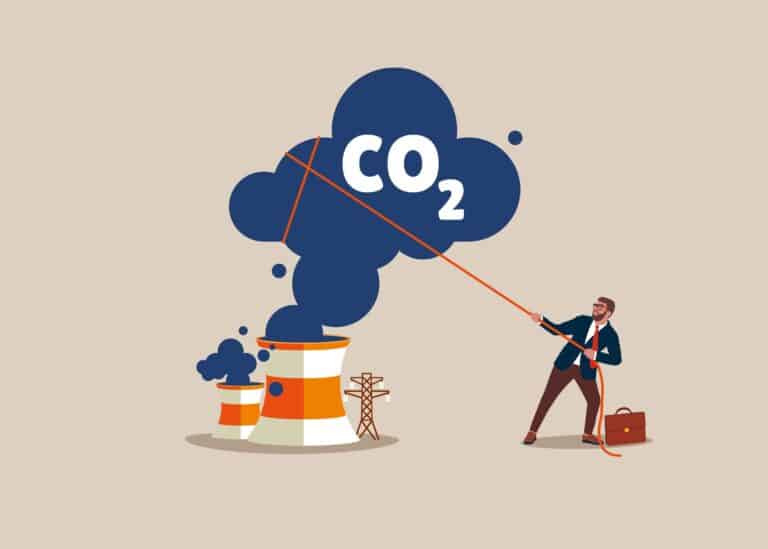UPDATE – 25/10/2016
This article inspired John Robson to film an entire documentary about Canada’s Constitution, which is now available to view online for free:
ORIGINAL ARTICLE
Canada’s Constitution is a mess. It doesn’t provide good government, doesn’t unite us, doesn’t inspire us, and cannot be amended. We can, and should, do better. It might seem unwise to revisit the question after the two previous attempts to fix it destroyed the party that led those efforts and shook the country to its foundations. Ever since we’ve subscribed to Robert Stanfield’s “bicycle” doctrine that Canada will keep going as long as we don’t stop and think about it. There is relative peace and prosperity in the land today, but the misguided 1982 reforms are like termites in our constitutional rafters, and we really need to fix the roof while the sun is shining.
Beneath the seeming calm, the technical flaws and lack of popular legitimacy of our current Constitution are exacerbating rather than ameliorating our various regional, linguistic, cultural and philosophical divisions. If Canada really is, in Joe Clark’s phrase, A Nation too Good to Lose, we should take positive steps to preserve it while opportunity rather than disaster is knocking.
There are many ways to improve our Constitution in principle, including some suggested by other contributors to this issue of C2C, from adding property rights to the Charter to reforming the Senate to scrapping Equalization. Yet in practice nothing can be done because its single most appalling defect is its unworkable amending formula, 1,100 virtually incomprehensible and often circular words sprawling over more than a dozen sections.
It should be difficult to amend a constitution, considering how important a document it is. But for the same reason there should be a clear and legitimate way to amend it when a broad consensus exists.
A successful constitution is a foundational document, setting basic rules for public life based on a shared sense of identity. It must emanate from the ultimate source of moral and political authority in a society if it is to delegate both authority and legitimacy to the institutions of everyday government. And it can only be changed by whoever had the power to make it in the first place, and no one else.
Right there is the key to our problem. In Canada there is no legitimate and workable amending process because the Constitution was not legitimately made. Patriation in 1982 was a one-off kluge by sorcerers’ apprentices long departed, meeting in kitchens and hallways, negotiating through the press, storming out, making it up as they went along. When they were done, they did not submit the result to the people directly or to legislatures elected by citizens aware that this vital issue would be their main business.
As a measure of its illegitimacy, consider that the federal parliament that formally requested patriation contained a Liberal majority (147 MPs out of 282) because the party held 74 of 75 Quebec seats, without which Pierre Trudeau would not have been Prime Minister. Yet no Quebec government dares “sign” the 1982 Constitution because, then and now, a majority of Quebeckers did not accept it or the process by which it was made. A Parliament may pass statutes, including budgets, in defiance of the voters who elected it, and face their wrath at the next election. But it cannot legitimately make fundamental law beyond the reach of a subsequent parliament to repeal.
Thus our Constitution’s jury-rigged, incomprehensible, unworkable amending formula flows from the fatal flaw in the whole document, which in a very real sense is not a constitution at all.
In principle, ultimate political authority can derive from a tyrant, the people, or legislators. Regardless what the outer reaches of the Occupy movement might think of our incumbent prime minister, tyrants are not a practical option for us, leaving only the people or the legislature. Yet our Constitution does not derive its authority from either. Neither, therefore, does it vest legal sovereignty anywhere. In short, it leaves no one in charge.
That’s why what we need isn’t tinkering. It’s a thorough overhaul that leaves our current basic rights and basic structure of government intact, but provides us with a clear, legitimate set of widely accepted mechanisms specifying how it is adjusted and by whom. Which must be whoever made it. In other words, we need a boss.
In the United States “We the people” are the boss. They made the Constitution, clearly and without dispute. And they can amend it, by having three-quarters of state legislatures ratify amendments proposed either by two-thirds of both houses of Congress or (never used) by a constitutional convention requested by two-thirds of the states. Many other countries, with varying degrees of success, have adopted a similar system.
In Britain, particularly at the time of Confederation, legislators were in charge. From some point in the mid-19th century until very recently Parliament made the rules and the rules about the rules. Any bill was inherently “constitutional” if Parliament passed it, and if it conflicted with an earlier law it took precedence.
As A.V. Dicey famously wrote in The Law of the Constitution, by the Victorian era no act of Parliament could be struck down by a court whatever its merits or follies. He approvingly quoted Sir Leslie Stephen’s mordant point that “If a legislature decided that all blue-eyed babies should be murdered, the preservation of blue-eyed babies would be illegal; but legislators must go mad before they could pass such a law, and subjects be idiotic before they could submit to it.”
It wasn’t always that way. Debating the Petition of Right back in 1628, the great jurist and parliamentarian Sir Edward Coke reminded his parliamentary colleagues and warned King Charles I that “Magna Charta is such a fellow, that he will have no ‘Sovereign.’” From time immemorial no act of positive law could have legal force if it contravened the ancient liberties of Englishmen.
The Americans codified that arrangement in 1789. The British, by contrast, slowly and subtly transformed it into Dicey’s parliamentary sovereignty, not because they came to reject the fundamental authority of the people but because they believed Parliament was the one branch of government that would never tear loose from popular control and menace their liberties. With the executive apparently securely tethered to the legislature through responsible government, Parliament became the channel through which popular sovereignty was exercised, not through which it was bypassed.
It is a matter of debate whether that system has stood the test of time. But the British were as consistent as the Americans, though their choice was different.
We were not. Our Constitution is clearly not the direct work of the people. Pierre Trudeau, characteristically, seems to have believed in popular sovereignty without understanding or respecting it. Thus his 1982 Constitution was not enacted by referendum or popular convention and there is no pretence that the people can amend it
The people were not consulted directly as Americans were in the 1780s, electing popular assemblies for the sole purpose of ratifying or rejecting the work of the Founders in Philadelphia. Nor were they consulted indirectly, as Canadians were on Confederation itself. As Janet Ajzenstat demonstrates in The Canadian Founding: John Locke and Parliament, there was broad agreement in the 1860s that the BNA Act must be submitted to the populace. The dominant view was that this requirement was satisfied by submitting Confederation to legislatures elected by voters who understood they were voting on the foundational law of their country. No such claim was made, or could have been, in 1982.
Our Constitution is not an Act of Parliament either. This will come as news even to as intelligent and well-informed a commentator as Andrew Coyne, who ridiculed Conservative opponents of the Charter and judicial activism this July, asking “Who do they think passed the charter?”
Well, it certainly wasn’t Parliament, because the principle that no parliament can bind its successor remains part of our constitutional law, inherited from the UK in 1867. Yet neither our Parliament nor Britain’s can now amend our Constitution in law or in fact.
Our Parliament did pass a resolution asking Westminster to enact the Constitution Act, 1982. But that resolution did not enact it as a Canadian statute; if it had, no request to Westminster would have been necessary and Parliament could now amend it.
In response to that request, Britain’s Parliament did pass the Canada Act 1982 incorporating the Constitution Act, 1982 as Schedule B, declaring it Canadian law, and renouncing the right to amend Canadian law in future. But that statute did not enact the Constitution Act, 1982 as British law; if it had, British MPs could override that self-denying ordinance, and requests to Westminster would still be necessary, and sufficient, to secure amendments to it. Yet a major reason for patriation was to remove the supposed colonial taint of the 1867 arrangement and make our Constitution Canadian law.
That goal at least was achieved, but only through constitutional legerdemain. Queen Elizabeth granted Royal Assent to Britain’s Canada Act 1982 on March 29, 1982 and the Constitution Act, 1982 became Canadian law on April 17, without an Act of Canada’s Parliament. How can this be?
Admit it. You don’t know. Nor do your friends. We just shrug and say it must have happened somehow. Which shows how much reverence the thing inspires.
Americans can tell you where their Constitution came from: After an arduous revolutionary war against unjust authority, “We the people” through ratifying conventions adopted an instrument that told government, all three of its branches, what they could and could not do.
Britons could once have told you about theirs too: After centuries of struggle against a usurping executive branch, in which King John was forced to seal Magna Carta and Charles I lost his head, the people entrusted final authority within a balanced constitution to Parliament and particularly the Commons they themselves elected.
Ours? Actually the Constitution Act, 1982 was made Canadian law by the Queen through letters patent. Which might have been a clever, if highly unusual, way to transfer sovereignty to the Canadian people or their elected legislators. But it was in no way democratic for backroomers to cut a deal in 1982 that consigned all future amendments to backroom deals. It was ratified by a Trudeau pirouette and the stroke of a pen that simultaneously denied the Constitution legitimacy and made it impossible to improve.
Our constitutional amending formula, in all other respects quite different, resembles the peace of God in that it passeth all understanding. The American one, a single unambiguous article of 145 words, 36 of them lapsed regarding slavery, allows “We the people” to change the rules. But ours? You may be able to conjure up the outlines of the 7/50 rule. But after that a thick fog rolls in, over 1,100 turgid words wandering through 13 sections laying out at least five different formulas that confuse and sometimes conflict, such as S 38.2, S 42.2 and S. 43 respecting changes to the Senate.
Plus, in New Brunswick Broadcasting Co. v. Nova Scotia in 1993, the Supreme Court of Canada said S. 52(2), which lists everything in our Constitution, does not list everything in our Constitution. So judges can amend it at will, as in that case adding parliamentary privilege.
In itself this ruling was not unreasonable. Certain fundamental practices, especially regarding the relationship between the executive, legislative and judicial branches, are deep-rooted and essential. And parliamentary privilege is in this category; this particular ruling was quite proper. But it is intolerable to have judges able to alter the Constitution when neither the people nor parliament can get at it.
Gay marriage is a classic case in point. Regardless of your view of the issue, it is highly problematic that no one legislated it, the authors of the Charter had no idea they’d included it, and once the courts spoke no one could do anything to approve or reject it.
In the classic British system judges, like everyone else, are subject to checks and balances. They get their authority from legislators who can change the law if they don’t approve of certain rulings. Likewise in the American system judges get their authority from the people who can amend the Constitution if they don’t approve of certain rulings. But in Canada judges aren’t subject to checks and balances. They wield unlimited authority, yet they didn’t get it from either legislators or the people, who neither created nor can amend the Constitution.
We have this dog’s breakfast of an amending formula because we have a dog’s breakfast of a constitution and every effort to amend it gets the dogs fighting. Over Meech Lake and Charlottetown they came close to tearing the nation apart, not so much over the mercifully now-forgotten details of these deals but because the whole concept of bypassing the public to make fundamental rules infuriated the public. Yet no other option was available given the text of the Constitution Act and its failure to vest sovereignty anywhere specific.
The much-reviled Notwithstanding Clause is a perfect illustration of this intellectual, legal and institutional incoherence. Remember Liberal Prime Minister Paul Martin in 2006 vowing to get rid of the Notwithstanding Clause because he stood for the whole Charter? Yet in 1981 Liberal Prime Minister Pierre Trudeau – the Charter’s principal author – assured the Archbishop of Toronto in he would invoke the Notwithstanding Clause if any court dared assert a Charter right to abortion. Now Liberal leader Justin Trudeau says the Charter mandates an unlimited right to abortion on demand (itself a fanciful interpretation of the 1988 Supreme Court decision that overthrew Canada’s abortion law), notwithstanding the personal beliefs of any Canadian who wants to be a Liberal parliamentarian.
Did I mention that it was a mess?
To proponents of American-style constitutions it is incomprehensible to grant rights with one hand and snatch them back with the other. To defenders of British-style constitutions, including some premiers and British authorities in 1982, it is incomprehensible to grant authority to elected legislators with one hand and snatch it back with the other. And neither can understand Section 1’s vague permission to violate fundamental rights but only if the violations constitute “such reasonable limits prescribed by law as can be demonstrably justified in a free and democratic society”, which throws everything into the air over the heads of citizens and MPs and right into judges’ hands.
We need to start over, although we need not rewrite our Constitution entirely. It contains much common sense derived from the BNA Act that is in keeping with our political culture including the confederal structure. So we should draft a document similar in most technical respects to the BNA Act, containing a Charter, but formally emanating from the people and passed through a referendum requiring a national majority to pass, and a majority in each province to join.
The redraft would clean up archaic or lapsed language, remove the Notwithstanding Clause, add property rights, place checks and balances on the judiciary, clarify Ottawa’s power to strike down internal trade barriers, and more. But all as part of a coherent whole. It would include a clear, workable amending formula like the American one, and an elected Senate like the Australian one (including their elegant S. 57 method for resolving deadlocks between lower and upper houses). And it would be submitted to the people for ratification.
If it is rejected we should at least have tried. If it is rejected by Quebec but other provinces agree, well, we can try again someday, just like the separatists do. But there is every reason to expect Quebeckers to say yes given a clear and legitimate choice, especially with separatism currently in disarray.
If passed, it would not solve all our problems. Even the clearest language cannot withstand popular indifference or political cowardice. But political cowardice should not prevent the attempt.
There is a peculiar tendency in Canadian public affairs to shun the bold and inspiring, as though our national motto was “Yes, we can’t.” I reject that, as unworthy of human beings generally and our proud tradition in particular. In 1867 when we inherited a system “similar in Principle to that of the United Kingdom” it was a boast, not a sigh of resignation.
By and large we have enjoyed the blessings our founders envisioned of “Peace, Order, and good Government”. But the latter is now imperiled, by the decay of our inherited Constitution over many decades and an act of ignorant vandalism in 1982. We are not worthy of our founding if we shrug and say well, what can you do?
Let us clear away the junk, restore the foundations, and ask the people Yea or Nay.
~
John Robson, columnist and commentator with Sun Media, is also an Invited Professor at the University of Ottawa and a commentator-at-large with News Talk Radio 580 CFRA in Ottawa.








